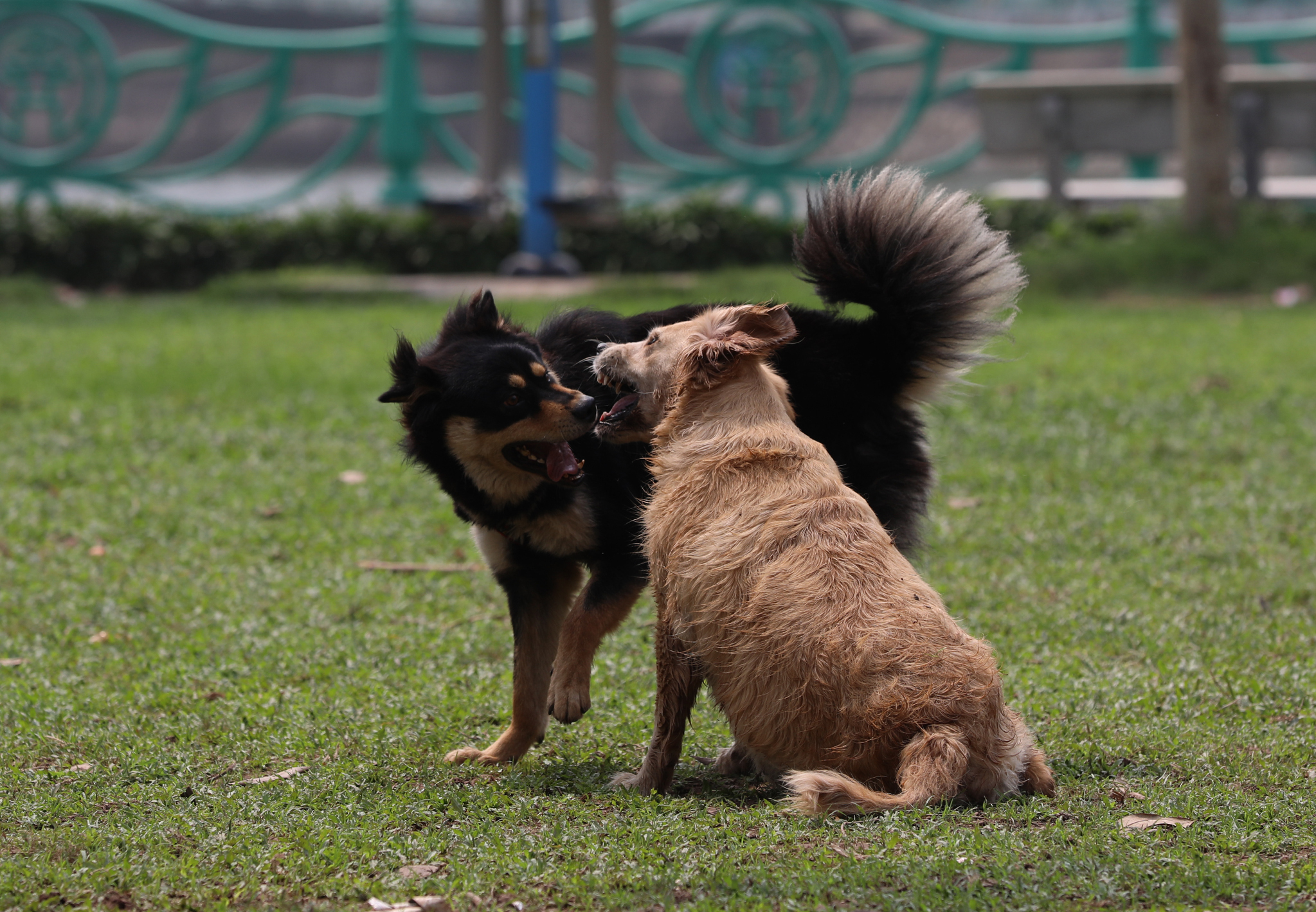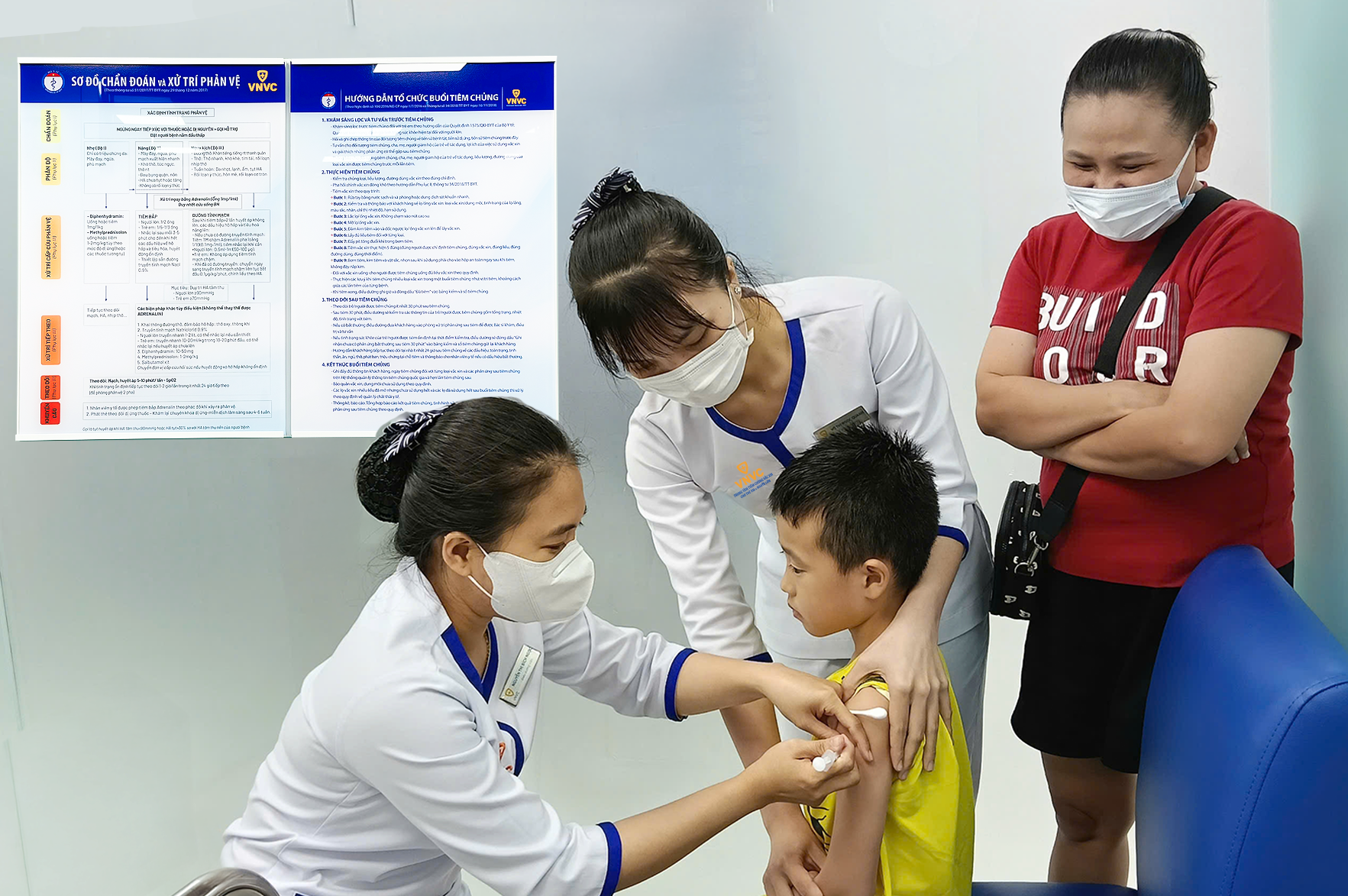A representative from the Department of Preventive Medicine (Ministry of Health) highlighted this issue as Vietnam continues to report rabies cases. Southeast Asia is a hotspot for the disease due to a large stray dog population, low rabies vaccination rates among pets, and the dog and cat meat trade in some countries. Notably, Thailand declared a "temporary rabies epidemic zone" in early September and implemented a 30-day ban on the movement of dogs, cats, and other mammals.
According to the Ministry of Health, rabies poses a serious threat to human health, with a near 100% fatality rate once symptoms appear. The government incorporated rabies into the national prevention and control program in 2021. However, rabies fatalities persist nationwide, with 82 cases in 2023 and 89 in 2024.
 |
Unleashed and unmuzzled dogs can attack and transmit rabies to humans. Photo: Ngoc Thanh |
Unleashed and unmuzzled dogs can attack and transmit rabies to humans. Photo: Ngoc Thanh
100% of the fatalities occurred in individuals who had not received the rabies vaccine or anti-rabies serum. The main reasons for not getting vaccinated include: the dog appeared healthy at the time of the bite (63%); lack of awareness about rabies; fear of medical costs; use of traditional medicine; children unable to inform their parents about being bitten; and the slaughtering of dogs.
Given this situation, the Ministry of Health emphasizes the importance of prompt preventative treatment to prevent death. Individuals bitten by animals should rigorously follow rabies prevention measures: wash the wound thoroughly with soap and running water for 15 minutes; disinfect with 45-70% alcohol or iodine solution; and get vaccinated against rabies as soon as possible.
To prevent rabies, the Ministry of Health advises people to protect themselves and avoid animal bites. Responsible pet ownership includes vaccinating dogs and cats, avoiding provoking them, and managing them to prevent harm to others. The public should minimize the trade, transport, and slaughter of dogs and cats for meat. People should not use unproven traditional or folk remedies, or superstitious practices to treat rabies or animal bites.
 |
A boy receives a rabies vaccine after being bitten by a dog at the VNVC Nha Be Vaccination Center, Nha Be Commune, Ho Chi Minh City. Photo: Khanh Hoa |
A boy receives a rabies vaccine after being bitten by a dog at the VNVC Nha Be Vaccination Center, Nha Be Commune, Ho Chi Minh City. Photo: Khanh Hoa
Dr. Bach Thi Chinh, Medical Director of the VNVC Vaccination System, stresses that early intervention before the onset of rabies symptoms and community-based prevention are crucial for saving lives. Rabies vaccines and serums activate the immune system, producing antibodies that identify and destroy the virus, protecting the body.
Two types of rabies vaccines are available in Vietnam: Verorab (France) and Abhayrab (India). For those unvaccinated or with an unclear vaccination history, the post-exposure vaccination schedule after a bite or scratch is five intramuscular injections on days 0, 3, 7, 14, and 28; or eight intradermal injections on days 0, 3, 7, and 28. Depending on the severity of the wound and whether the animal can be monitored, doctors may also administer anti-rabies serum or discontinue injections after 10 days.
Individuals who have not been bitten or scratched but are at high risk of rabies exposure, such as veterinarians, zoo staff, and pet care workers, should receive pre-exposure vaccination. This involves three vaccine doses on days 0, 7, and 21 or 28. Those who have completed the pre-exposure vaccination schedule or received the full dose after a previous bite only need two booster doses and no serum, even with severe wounds.
Van Ha - Dieu Thuan












